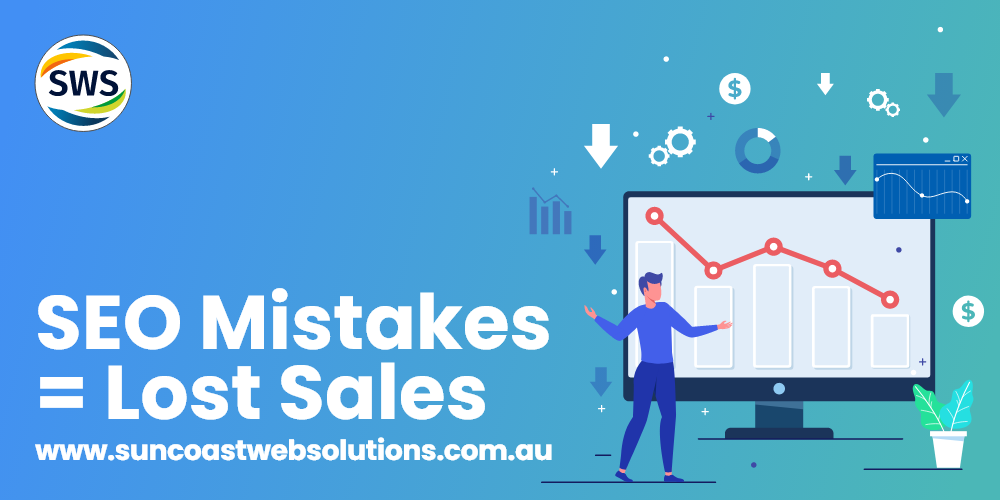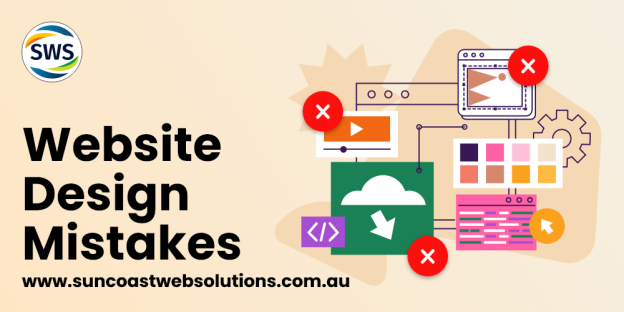How Secure Is Your Website Really?

 16th Sep, 2014
16th Sep, 2014
Lots of website owners these days are becoming more and more savvy as to what they are after and expect from a website. There are terms like ‘responsive’, ‘e-commerce’ or more ‘m-commerce’ and ‘community orientated’ thrown around the place very loosely. Hell why not even through in video this and hoot does that in to the mix.
Now while we see all of these terms (while very sarcastically phrased) are becoming the norm in the web development industry there is another thing that does occur as a result of these phrases combined with inexperienced ‘website designers’. The issue is multiple, unused, untested and unwanted plugins.
Some may say that ‘experienced website designers’ also have been known to do this sort of thing from time to time. Sure there is always a reason for it to be done but never a great one for live websites built for customers. That is what development and testing areas are built for. None the less it happens and the worst thing about it is that most website owners do not realise this has happened to them with their website.
So what happens when to these plugins when they are left installed and unused? Do they remain hidden because they are not used? Well if you think that they are not visible to the outside world you are in for a shock! It so happens that even dormant, non active plugins can cause grief to website owners and that is purely because they are a great way for hackers to compromise access to a website to deface it or access other sensitive data on a web server. Too many times we have seen “secure” websites made unsecure as a result of such things occurring to unsuspecting website owners.
What can be done about these sorts of plugins especially if you are not aware if your site has any such plugins installed? The best thing you can do is get another website designer (or Suncoast Web Solutions) to go through have a look at your website administration area and remove any plugins that are not being used from your website and upgrade the ones you are using to the latest versions. This can save you both time and money in the long run.
You will find this sort of thing very common in many open source based websites and in particular in websites built using WordPress, Joomla, Drupal, DotNetNuke, Concrete5 and other popular systems. If you have a website built in an open source platform you should get it checked sooner rather than later.
we are your one-stop internet marketing solution on the sunshine coast!

 07 5479 3888
07 5479 3888









